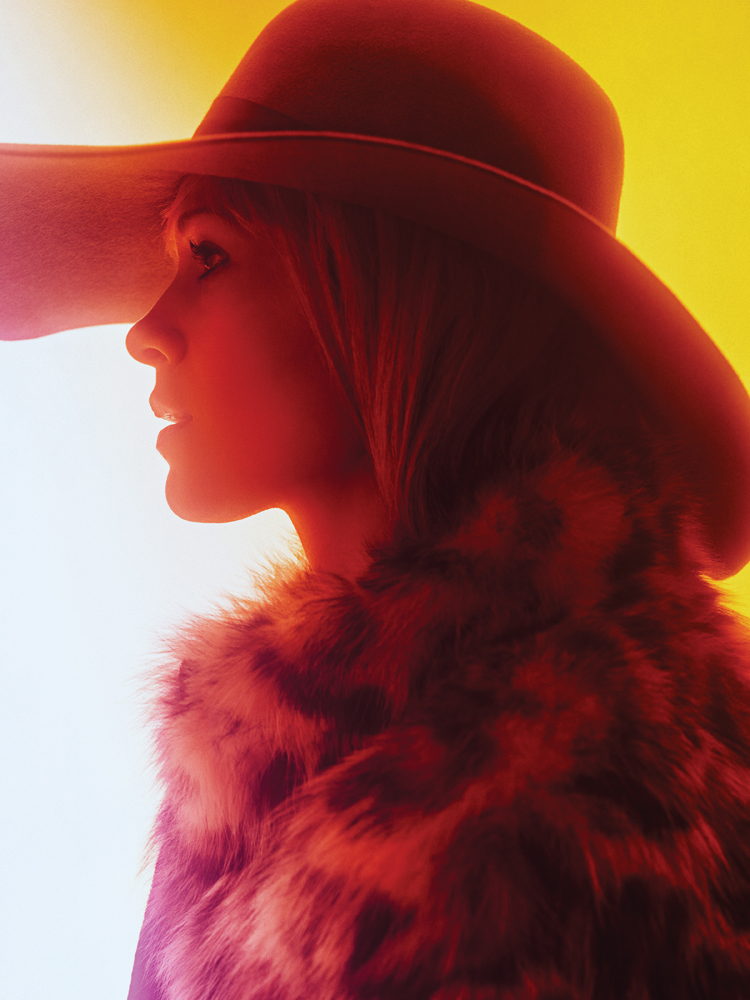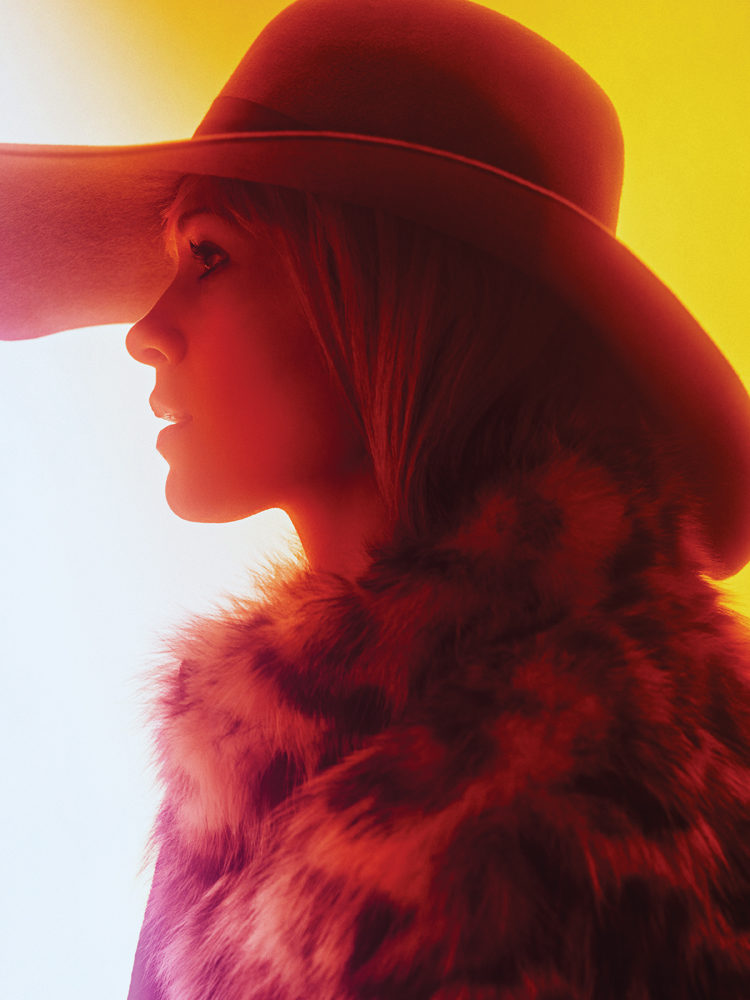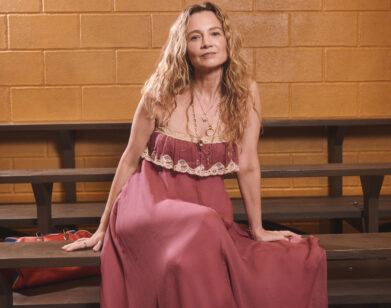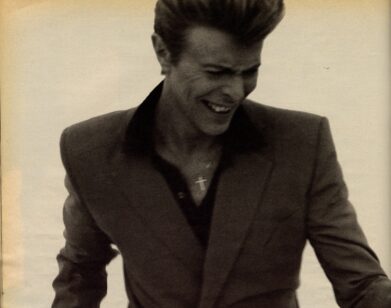Lia Ices


LIA ICES IN NEW YORK, SEPTEMBER 2014. COAT: ETRO. HAT: EUGENIA KIM. STYLING: MICHELLE CAMERON. COSMETICS: DIOR, INCLUDING DIORSHOW ICONIC OVERCURL MASCARA. HAIR PRODUCTS: PHYTO, INCLUDING PHYTOVOLUME ACTIF VOLUMIZING SPRAY. HAIR: DENNIS DEVOY FOR ION STUDIO NYC. MAKEUP: PEP GAY FOR DIORSHOW/STREETERS. SPECIAL THANKS: TEN TON STUDIO.
“How We Are,” the ninth track on Lia Ices’ third album, Ices (Jagjaguwar), opens with the rhythmic plucking of a santur, a traditional Persian instrument with 72 strings. This might seem like an unexpected sample for a singer-songwriter from Westport, Connecticut, but it works well within the album. Although tracks such as “Higher” are rooted in pop hooks and of-the-moment beats by the golden-touch producer Clams Casino (A$AP Rocky, Mac Miller), Ices is ultimately an intellectual endeavor. Over the course of its 10 tracks, the album travels from light to dark, ending with the languid, chill-wave “Waves.” “The pop songs and the brightness and the levity are just as important as the psych, dark, heavy shit,” explains Ices over drinks at a SoHo café. “They can all exist in the same environment and all relate to each other.”
The 30-year-old musician, whose real name is Lia Kessel, wrote the album with her twin brother, Eliot, at his home in New York’s Hudson Valley and in Sonoma, California, where her winemaker fiancé lives. The creative partnership is relatively new for the siblings, who, though they were raised together in a creative household—their mother is a photographer and bookbinder, their father writes poetry—were not close growing up. “We had different childhoods,” Ices says. “He was really athletic, and I was a theater nerd. All we did was share a bathroom.” Originally interested in acting, Lia studied at the Tisch School of the Arts at NYU. It was only after graduation that the siblings separately discovered their love for music. “Now we’re super psychic with each other,” she says. While Eliot has played on Lia’s previous albums, Ices is their first collaboration as songwriters.
Each song on Ices has its own set of influences, ranging from Persian percussion to the work of mythologist Joseph Campbell and Jungian psychologist Clarissa Pinkola Estés’s book Women Who Run With the Wolves. “I gave into the idea of paying attention to what you like and letting it help you make better stuff,” Ices explains. “I got really into the wild woman. The wild woman is the one who’s in tune with creativity and powerful and sensual. A lot of this album is about finding strength.”






